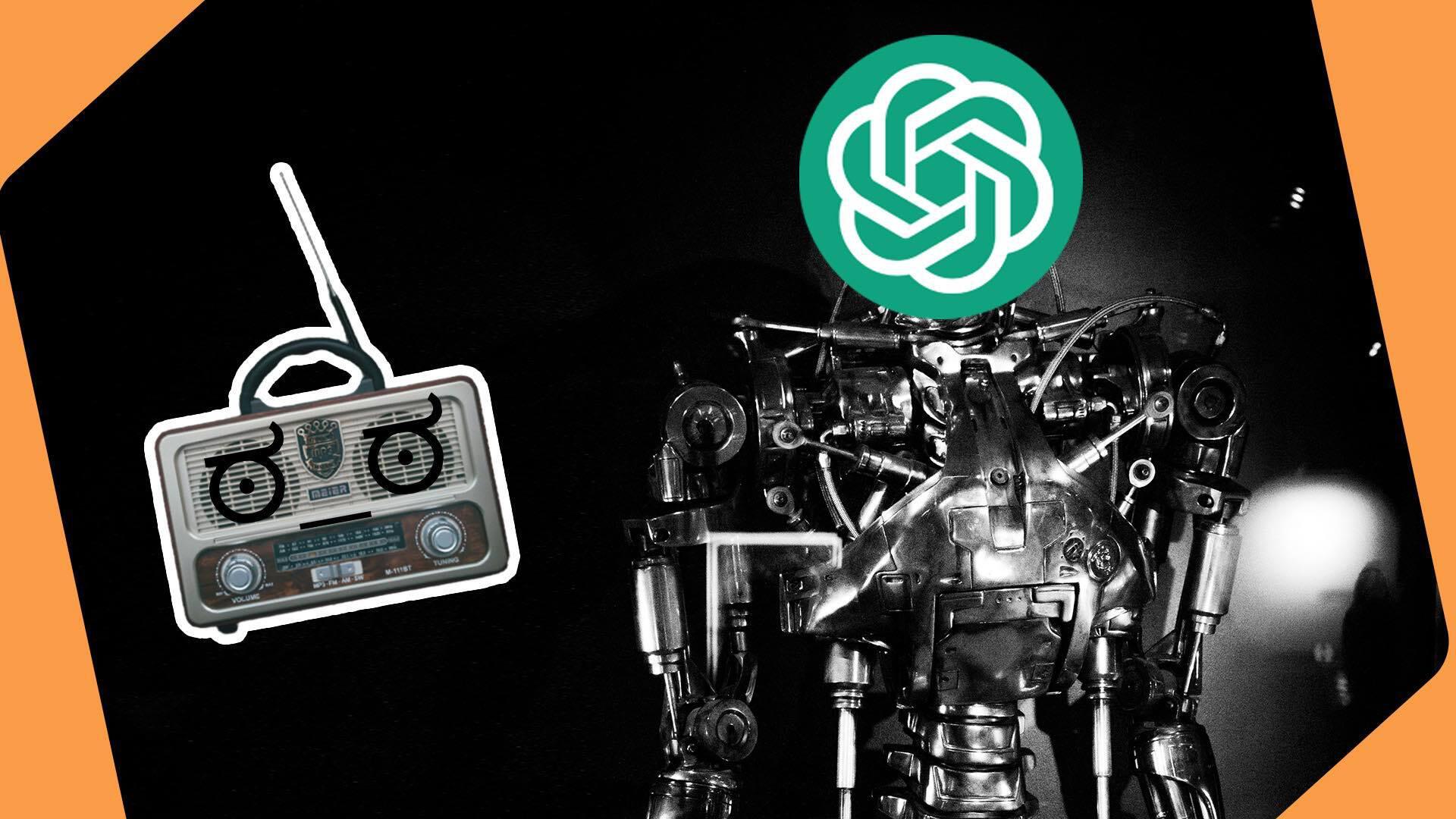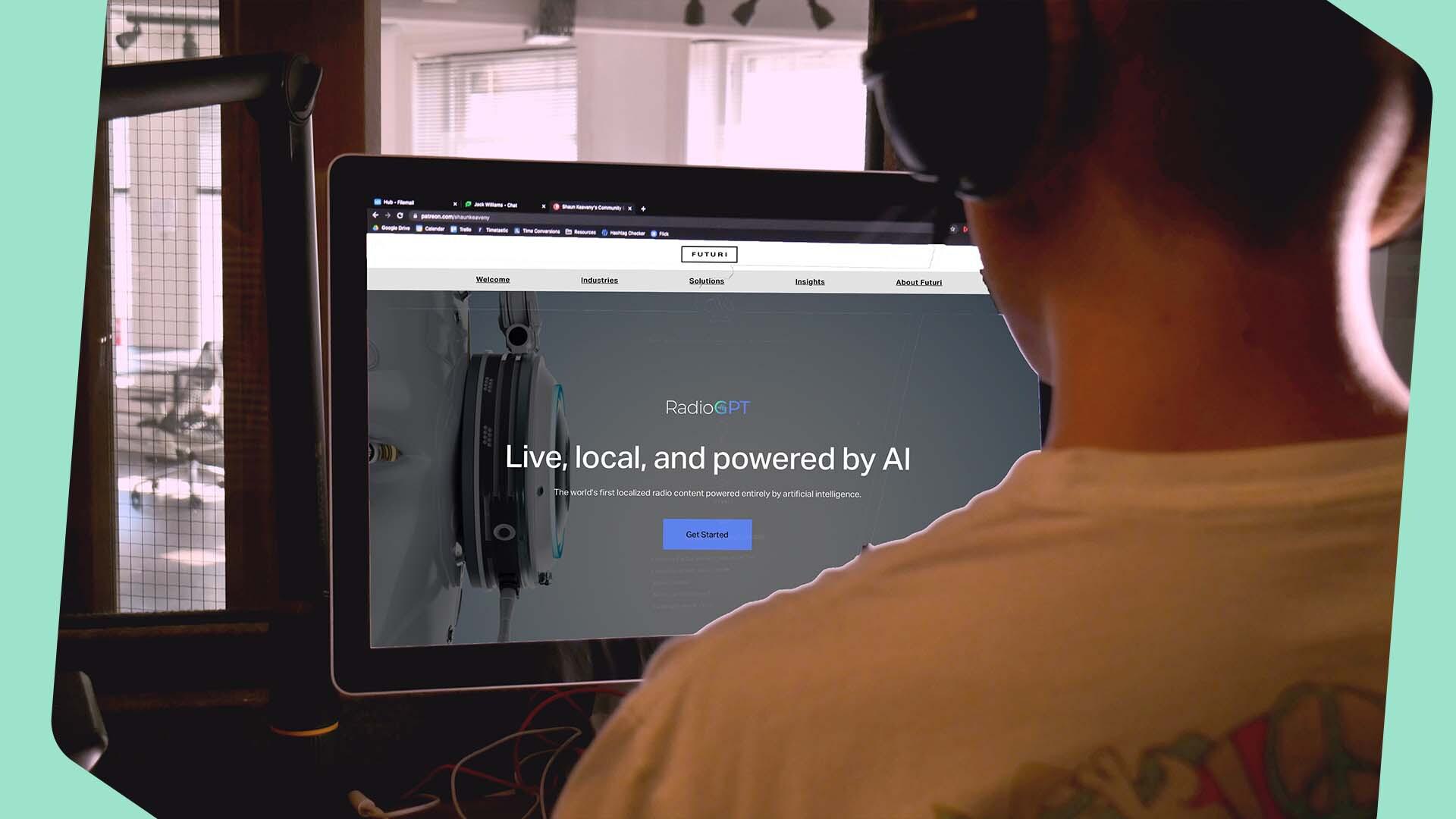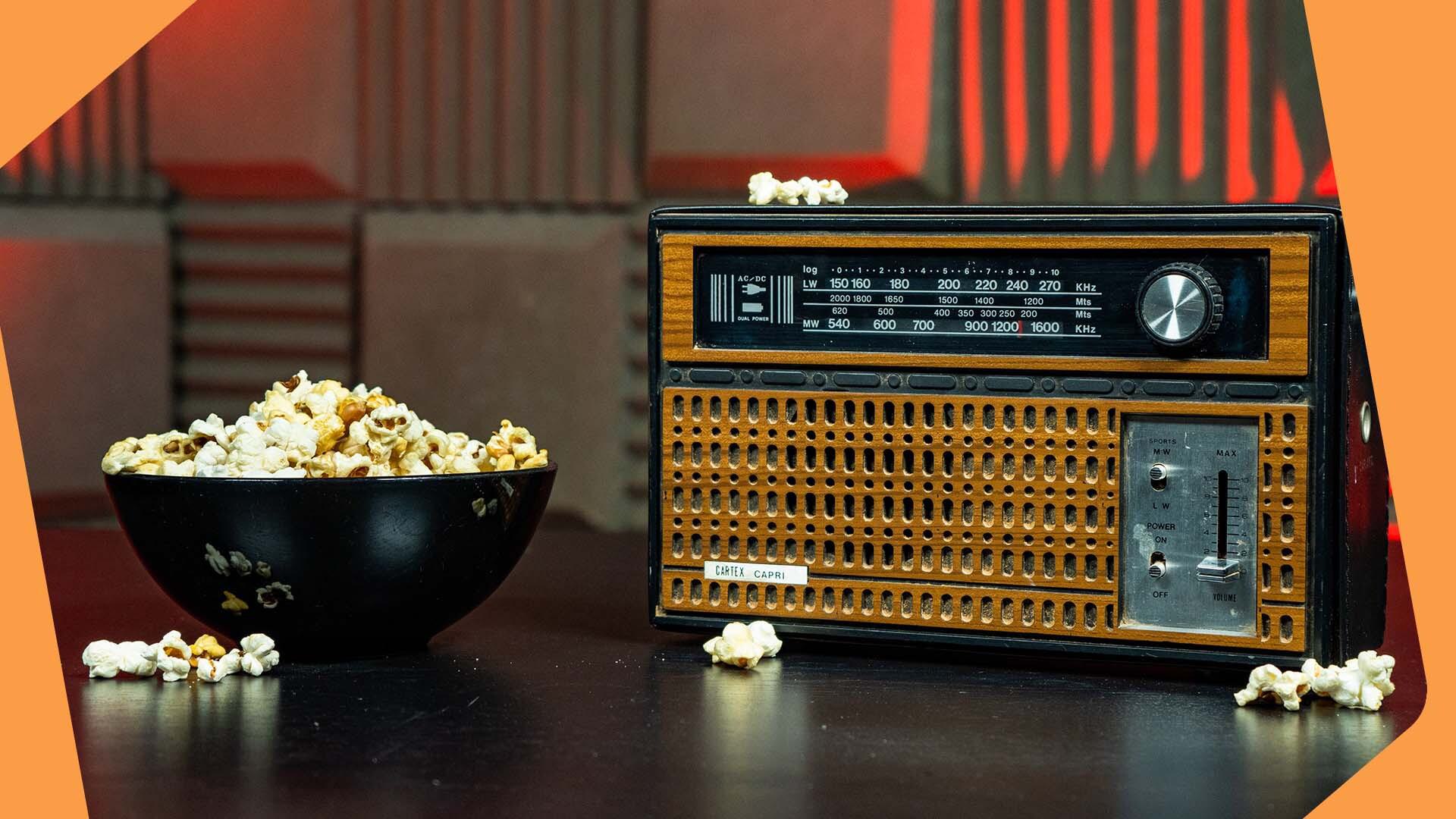Need advice? Let's talk.
Get straightforward guidance from your broadcasting partner. Schedule a call to chat with the team about your radio station.
Book DemoRadioGPT: Should You Be Worried About AI Radio Hosts?
When it comes to presenting radio shows, AI hosts are waiting in the wings. Here’s the lowdown on RadioGPT and whether you should be worried.
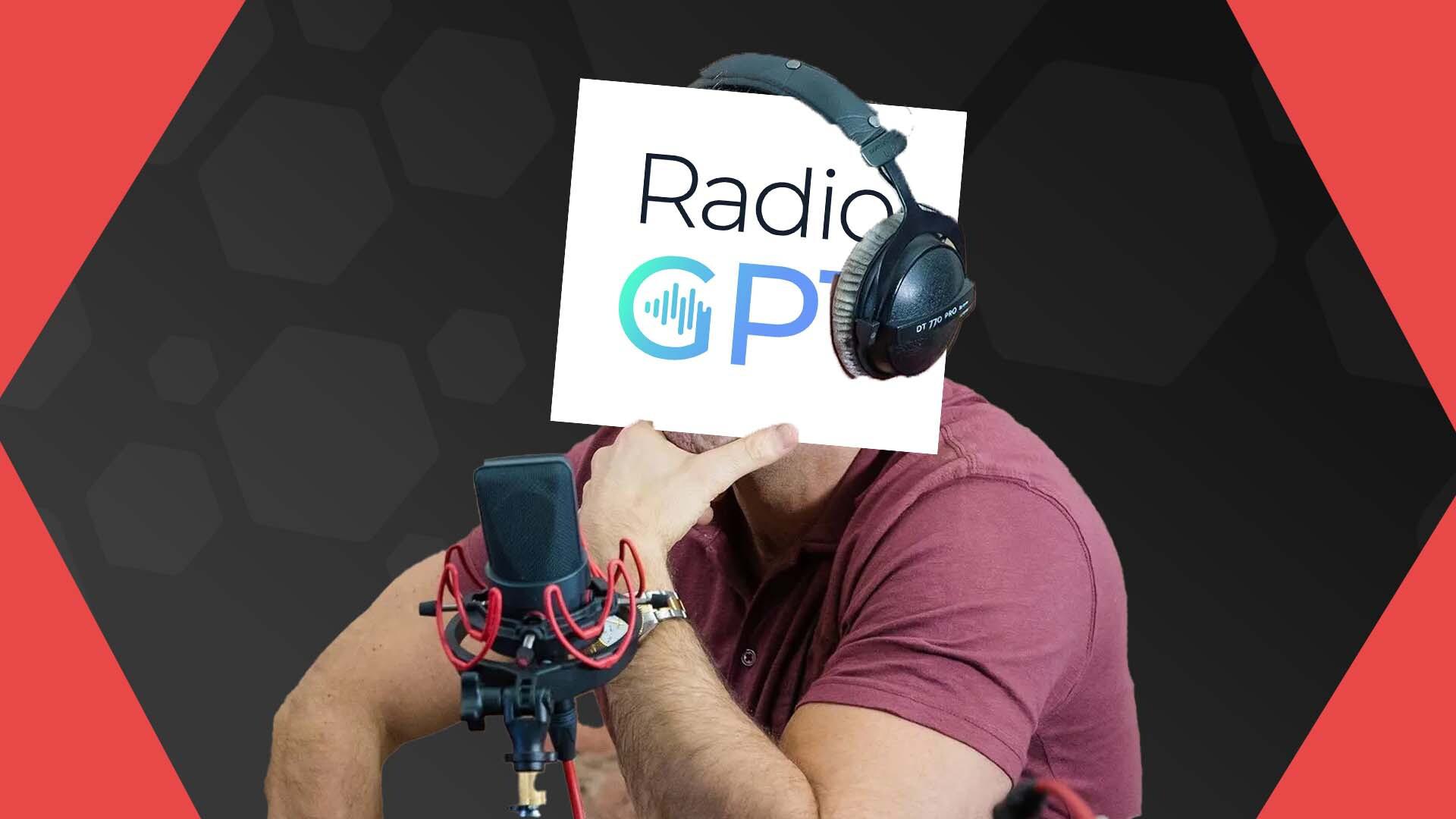
It’s happened. A new AI tool, RadioGPT, has been unveiled and it can host radio shows. With eerily-human-like voices.
Does this spell the beginning of the end for humans in radio stations? Or is there no need to panic? We’ll fill you in on RadioGPT, what it can and can’t do and what this might mean for all those in broadcasting.
What is RadioGPT?
RadioGPT is an AI tool that combines different technologies to “host” a radio show. According to the media company that made it, Futuri, RadioGPT is:
The world’s first 100% AI-driven radio host.
What RadioGPT Can Do
- Identify trends by scanning social media & other sources of news/info.
- Write scripts using GPT (generative pre-trained transformer) technology.
- Reading the generated scripts on-air via up to three AI "personalities" (i.e. radio hosts).
- Be trained to impersonate a radio station's host.
Sound familiar? That's because the GPT technology is the same as what powers ChatGPT.
If that's not enough, RadioGPT will also be able to create and push out content across your channels. From your radio stations blog, right through to Instagram Reels and YouTube Shorts.
Programming is available for individual dayparts, or Futuri’s RadioGPT™ can power the entire station.
But What Do AI Radio Hosts Actually Sound Like?
We know what you're thinking...won't an AI Radio Host or "personality" sound a little...robotic? Well, have a listen for yourself. Futuri has a running RadioGPT stream so you can hear the technology in action.
To us at Radio.co HQ the AI voices sound very human-like, but not 100%. That said, our opinion might be biased because we know they’re AI voices.
But what further gives the game away is how smooth the AI generated voices are. There’s no sign of any ‘ums’ and ‘erms’ in the RadioGPT demo.
Problems with RadioGPT?
Before you pack up your headphones and call it a day, let’s cover RadioGPT’s current problems.
Loss of Personal Connection
It seems that RadioGPT is missing the point about radio. In a recent survey* we conducted, over half of listeners said they used radio to connect with their community or for company. We tune in because to hear a person on the other side, talking to us.
And many of us listen to the radio for particular people. A great broadcaster shouldn't be underestimated. With our favourite radio hosts, we learn about their lives, their backgrounds and their thoughts and tastes. This can create a deeply personal connection. Loyal listeners follow their favourite presenters to new stations. Just like Shaun Keaveny's did when he left BBC 6music, and started his own radio station.
Futuri are trying to imitate these relationships. Claiming their AI hosts:
"Will be like your fun best friend on the radio, with less drama and more meme references."
So it looks like RadioGPT's AI Radio Hosts will be poised to talk about online content. But unlike human radio hosts, won't be able to talk about their own experience of living in the world.
Misinformation
RadioGPT uses the OpenAI’s GPT-3 language model - the very same that powers ChatGPT and Bing’s AI chatbot. Whilst ChatGPT can generate human-sounding answers, fact-checking isn’t its strong point. With ChatGPT, we’ve seen the technology generate answers from scanning the internet. And often they were just plain wrong.
Unfortunately, this misinformation concern applies to broadcasting too. Rolling out RadioGPT, could threaten the integrity of many radio stations. And it also raises questions around licensing. How will an AI host’s navigate the rules on broadcasting elections?
On top of that, Bing’s AI chatbot has received a wave of criticism from its beta testers. Users shared examples of it producing angry, obnoxious or passive-aggressive answers. So the AI Radio hosts could possibly be loose-cannons. Sure, perhaps these features are humanistic. But for many radio stations, it’s not cool.
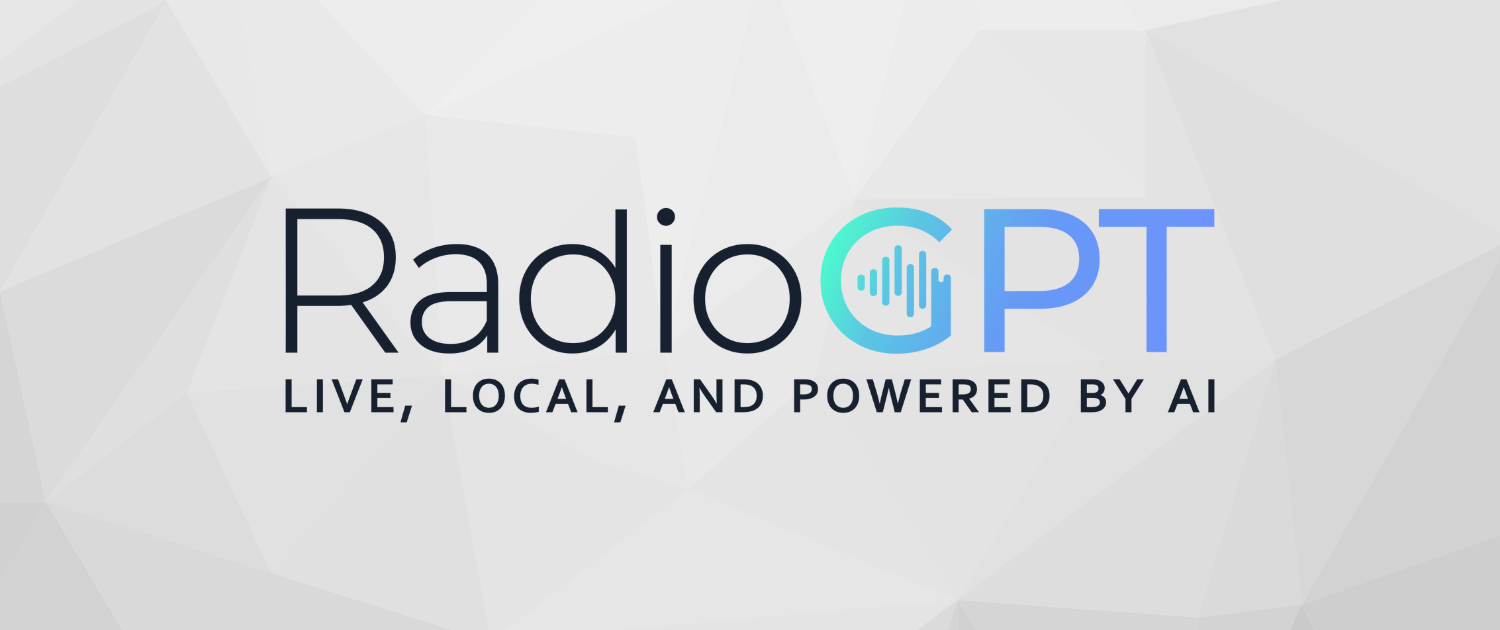
Who Decides What’s Worthy?
RadioGPT looks set to focus on predicting what’s going to trend in certain markets. So, it wants to get radio dealing in the fast-moving virality of content. From an editorial perspective, it poses several questions. Should radio hosts only talk about things that are popular or trending?
This would be a huge step backwards for radio. Over the past 50 years or so, radio has evolved considerably. It’s now a medium that reflects all corners of culture and society. With algorithms favouring content that has the widest reach, radio will be at risk of being homogenized.
Accessibility
There's nothing to suggest this technology will be exclusive to radio stations. So stations will be competing with other AI-generated content. And how will they fare without their advantage of human connection? This could just be one big race to the bottom. In terms of competition, Spotify has already unveiled its AI DJ...
At current, RadioGPT is only in Beta testing with a couple of selected partners. We even applied for a demo ourselves back in February, but have yet to hear back. While Futuri have provided some demos of what the tool will sound like. That’s as far as it goes for working out how it’ll integrate with radio stations.
The other question mark around RadioGPT is cost. Futuri haven't revealed how much the RadioGPT service might cost a radio station. But their CEO, Daniel Anstandig, did tell Slate that the technology sure ain’t cheap to run.
So Should You Be Worried?
AI is going through its experimental phase. RadioGPT is a byproduct of this phase to ‘see what we can do’. But it has many questions around it. Futuri has teased its capabilities. But we don't know if AI hosts will be the standard we've come to expect.
Radio has weathered many changes over its 100+ year history. And has defied all the claims it's dying. It's done this through its personal connections. That's the relationships established quickly, then continuously built upon.
RadioGPT is another - albeit powerful - automation tool. We suspect many radio stations will experiment with the technology. And lean on RadioGPT to help with production. But they'll still need human oversight if they're to keep their advantage. The demand for quality content, steeped in human connection shows no sign of slowing. So we don't think there's reason to be worried. What do you reckon, though? Join in the conversation over on Instagram, Twitter, Facebook or TikTok.

